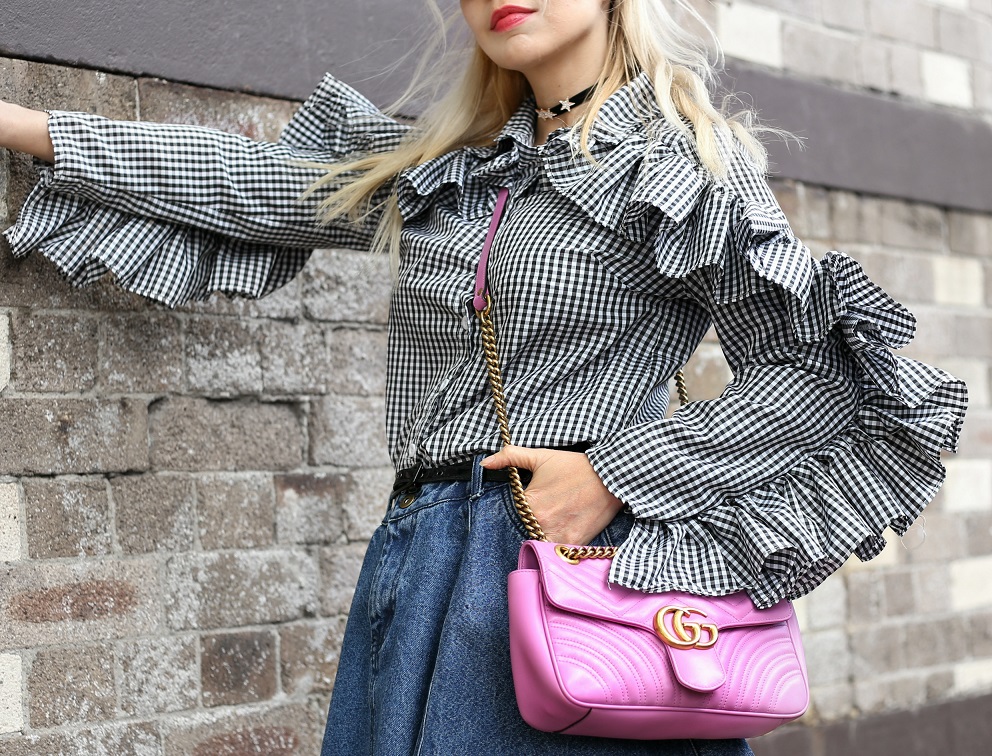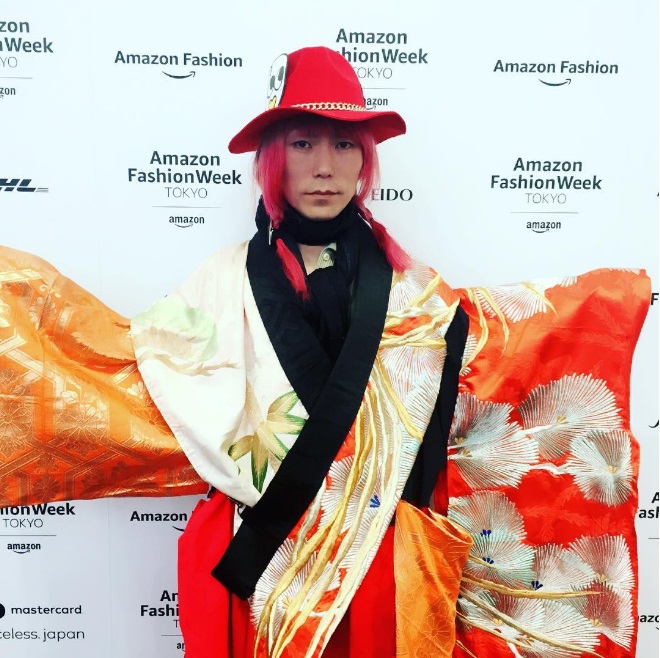
Interview- Takafumi Tsuruta, for a more inclusive fashion
Vanishing frontiers, sources of inspiration and identification, are – just to name a few – overused references making headlines in the name of fashion; in times when the industry claims to be more diverse than ever, there’s still a lot of stigma about what’s fashionable and what’s not, what’s worthy of attention or not, and more importantly who are the new role models representing those who not long ago had little or no representation at all by the exclusive fashion industry. We see this with the rise of the plus size fashion or transgender models hitting the runway for example…
But is the industry putting on the table topics few people still dare to approach? While most labels out there preach “fashion is for everyone”, it’s not enough with redundant versions of the once controversial Benetton ads, truth is we often forget that people with disabilities and survivors of severe illness need a voice of inclusion apart from been seen as a niche market. Fortunately, there are young voices exploring new ways to channel fashion with a purpose and a significative message.
Last year while in Tokyo covering fashion week in that city, I had the pleasure of meeting a talented designer whose remarkable work makes him one of Japan’s new agents of change. In between shows, I ran into Takafumi Tsuruta; at first glance his bold sense of fashion made him stand out and was great material for my street style coverage, however it was his gentle and polite attitude which made me want to chat a bit more.
His brand TENBO is all about celebrating everyone and truly embracing diversity – his muses aren’t mannequins but everyday people, everyday survivors; his concept is quirky yet fashionable and indeed inclusive, and today I’m happy to share his brief interview….
What was the motivation to create your brand Tenbo?
To all the people of the world…Tenbo offers fashion with zero prejudice—clothing that warms people’s hearts and puts smiles on their faces regardless of age, nationality or gender. I’ve noticed that in our society, there is surprisingly little clothing that is both “fashionable” and “functional.” Clothing like that for care workers and people with physical disabilities puts functionality first. It isn’t fashionable and doesn’t seem to include many options in terms of design. Tenbo is based on the concept that “Fashion should be something that everyone can enjoy.” I take this to be my mission as a designer. I also really want to promote clothing that anyone can wear to feel stylish, and that’s why I launched the Tenbo brand.
Tenbo debuted its collection at Mercedes-Benz Fashion Week TOKYO in March 2015. Along with professional models, we featured people with disabilities as models to show off designs that can be enjoyed by anyone regardless of physical ability. Our runway show made a big splash, not just at the event, but worldwide. Tenbo aims to be a brand that uses fashion to spread smiles and happiness around the world.
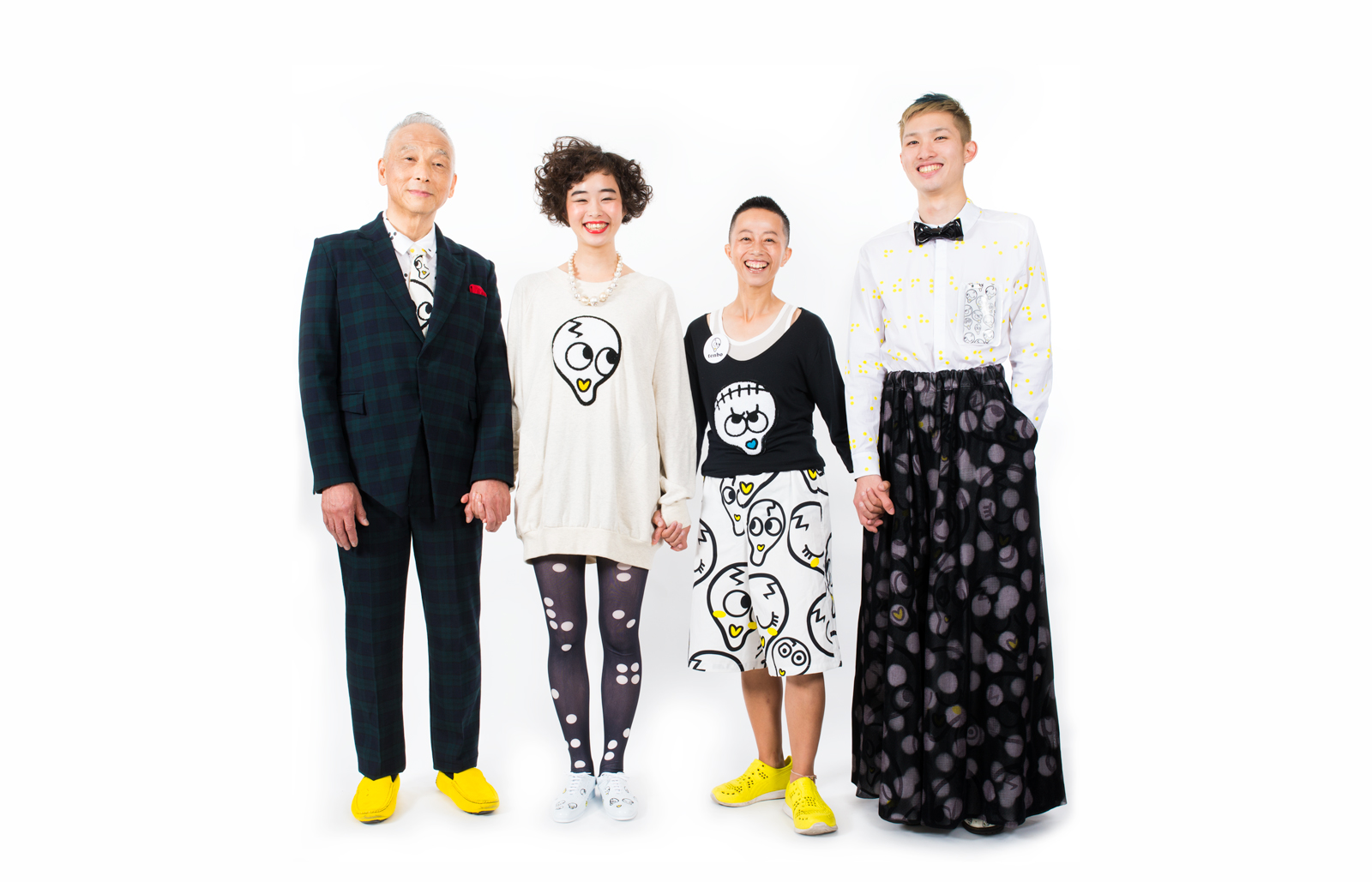
What are your key elements of interest in your creation process?
There are lots of hints for people with disabilities. For example, there are no clothes that can be worn fashionable even in a wheelchair! The elderly want clothes that can easily detach the buttons. Everyone’s opinion and need is an element of design, and that inspires me!
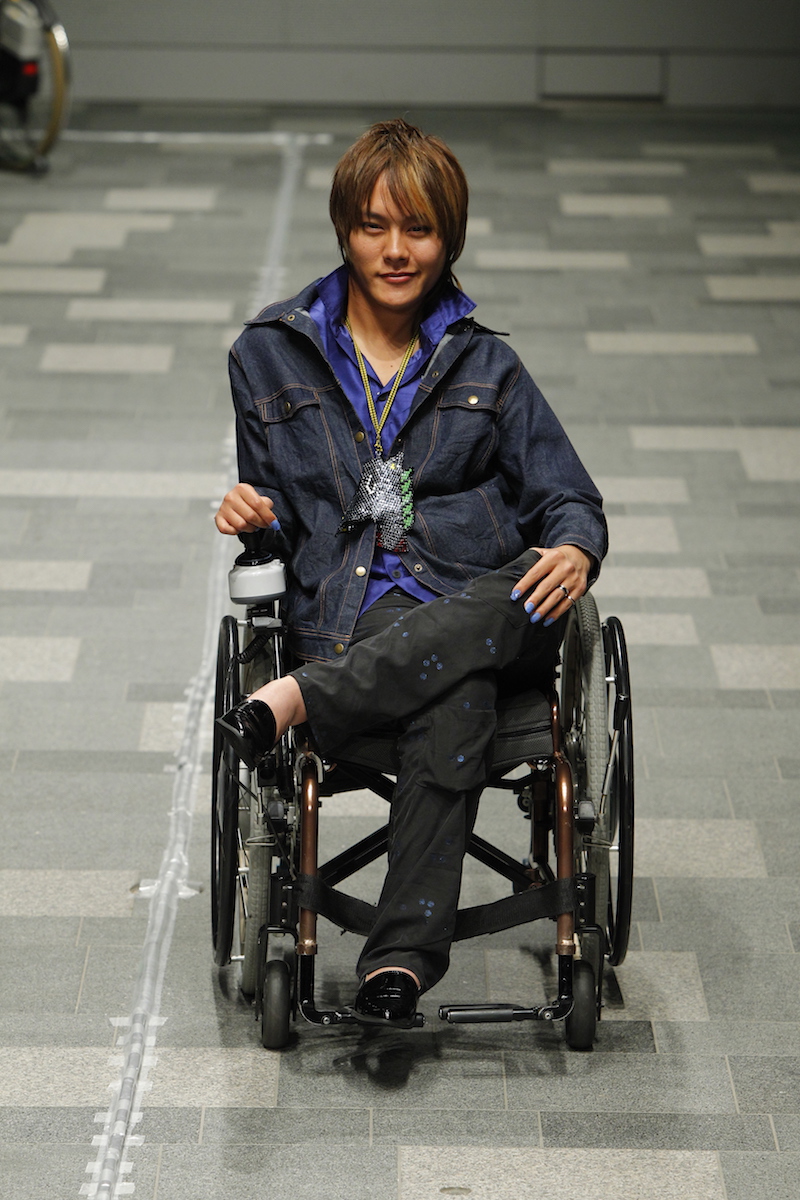
What does TENBO stand for?
Tenbo is a Swahili word meaning “elephant.” Like the elephant, Tenbo aspires to be a brand that is gentle and kind, yet can take a brave stand when needed and has the strength to protect others. The Brand icon is a character called Yomi-chan. Skull motif. This skull is a symbol of death, death is intended to be welcomed beautifully and gently rather than feared.
The ever-present elements of your brand
Fashionability, functionality, happy, fun, strong, beautiful. There are a lot of possibilities that can make fashion a happier experience.
It might sound cliché, but how do you approach the importance of inclusive fashion?
Fashion brands around the world are targeted only to selected people. Fashion usually is focused on women in their 20s and 30s. I think it is important from a business standpoint, however I would like to everyone to enjoy fashion, regardless of age, nationality, gender, or disability. I want my concepts and designs to be for the world, I think that my idea is natural, I want to be in an era when inclusive is said to be reasonable.
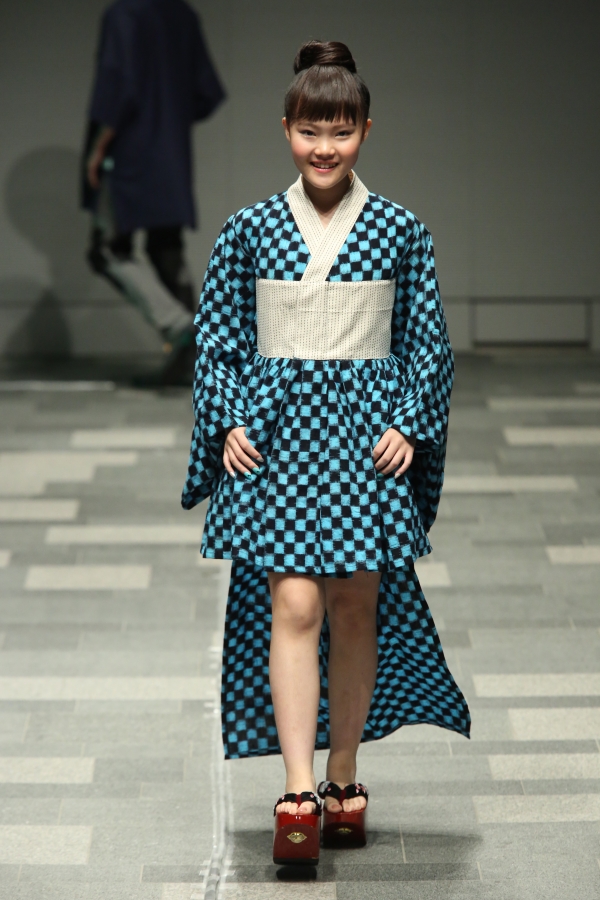
Your approach is global, but being a Japanese brand how much of that DNA can we find in TENBO?
Japanese elements are in all our designs, this is the constant in Tenbo. I always incorporate elements of kimono. Kimono can look very elegant. I mix Japanese clothing and elements of other eastern and western clothes.
In these days of the so-called fashion forward, how do you keep things interesting and now?
Rather than seeing clothes, there is an answer if you look at the heart of the model. There are no two exact people, so there are as many different designs and concepts in my drawers as there are different people, well maybe not quite so many, we evolve the brand just like so many aspects of life evolve.
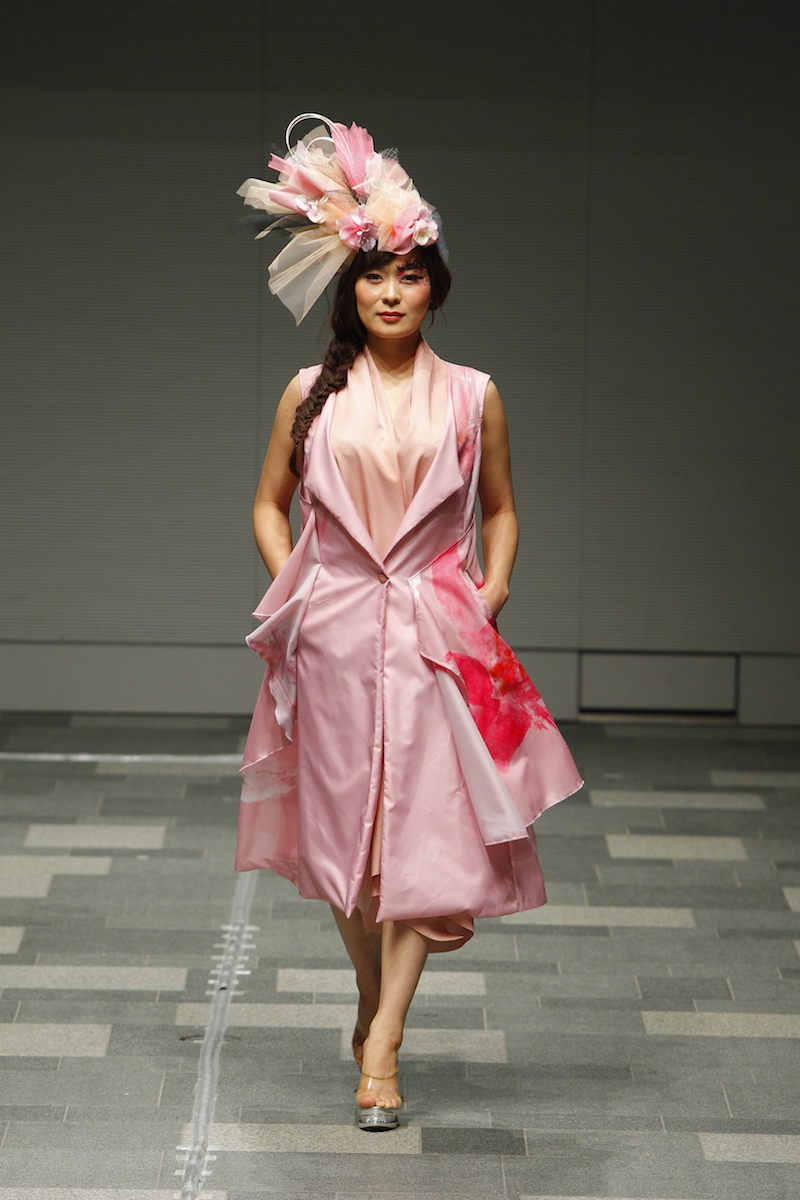
Last but not least, what’s your message to other new designers?
Fashion should make an impression, be true to your ideas and concepts, aim to create what you believe in.
For more info and updates about Tenbo follow via Instagram or visit their website
Thanks for your visit!
Images via Tenbo
